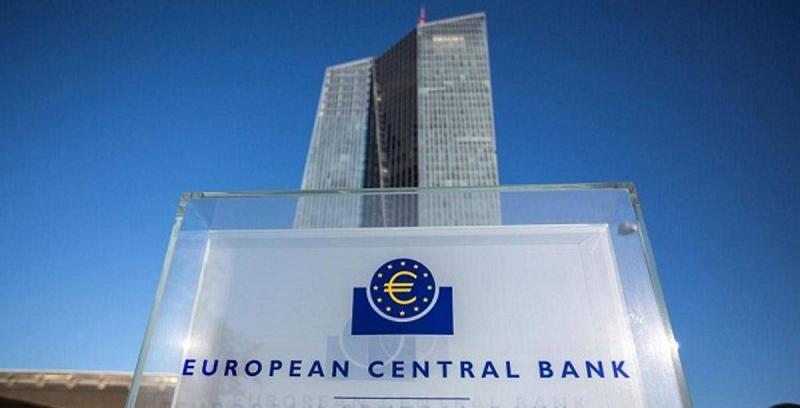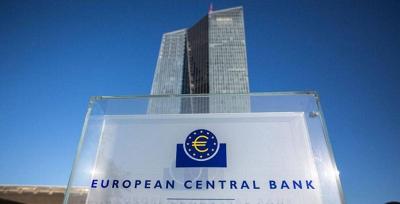The European Central Bank raised interest rates for the ninth consecutive time on Thursday, but strengthened the likelihood of a pause next month. In response to the historic rise in prices, the ECB has so far increased borrowing costs by 425 basis points since July, fearing that price growth may continue due to rising costs and wages in an exceptionally strong job market. With the 25 basis point increase on Thursday, the deposit rate at the ECB reached 3.75%, the highest level since 2000, even before the introduction of the euro. The main refinancing rate has risen to 4.25%. ECB President Christine Lagarde noted that all options remain on the table, stating, "There is a possibility of a hike (next time). There is a chance to pause. This could be crucial." She added that policymakers are "open" and united. The euro briefly dropped below $1.10 during Lagarde's speech after being up 0.5% near $1.1149 before her comments.
*Increase in Mandatory Reserves for Banks*
On another note, two sources told Reuters that policymakers at the ECB discussed on Thursday an increase in mandatory reserves for banks to double as part of their fight against high inflation. Raising the mandatory reserves for banks to 2% of deposits and some other funding sources would provide a greater amount of liquidity from the banking system, thereby contributing to the ECB's efforts to increase borrowing costs and cool inflation. However, this increase would be costly for banks, as they would no longer receive interest on these cash funds, reducing their liquidity availability. The sources indicated that the proposal did not receive majority support from policymakers at the meeting, but it may be reconsidered when the ECB reviews its overall framework for guiding interest rates later this year. The current average mandatory reserve requirements are approximately 165 billion euros, based on the ECB's liquidity analysis, while excess liquidity stands at 3.6 trillion euros.




